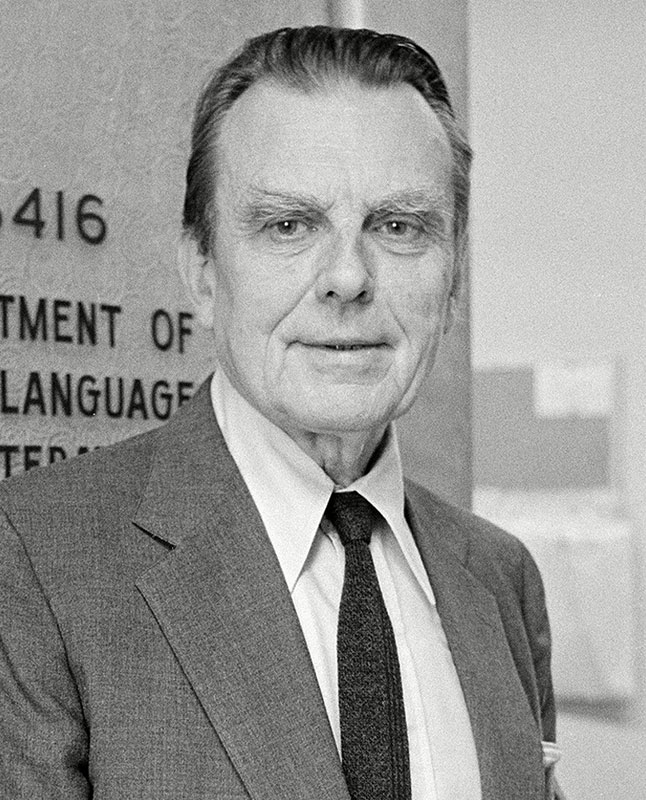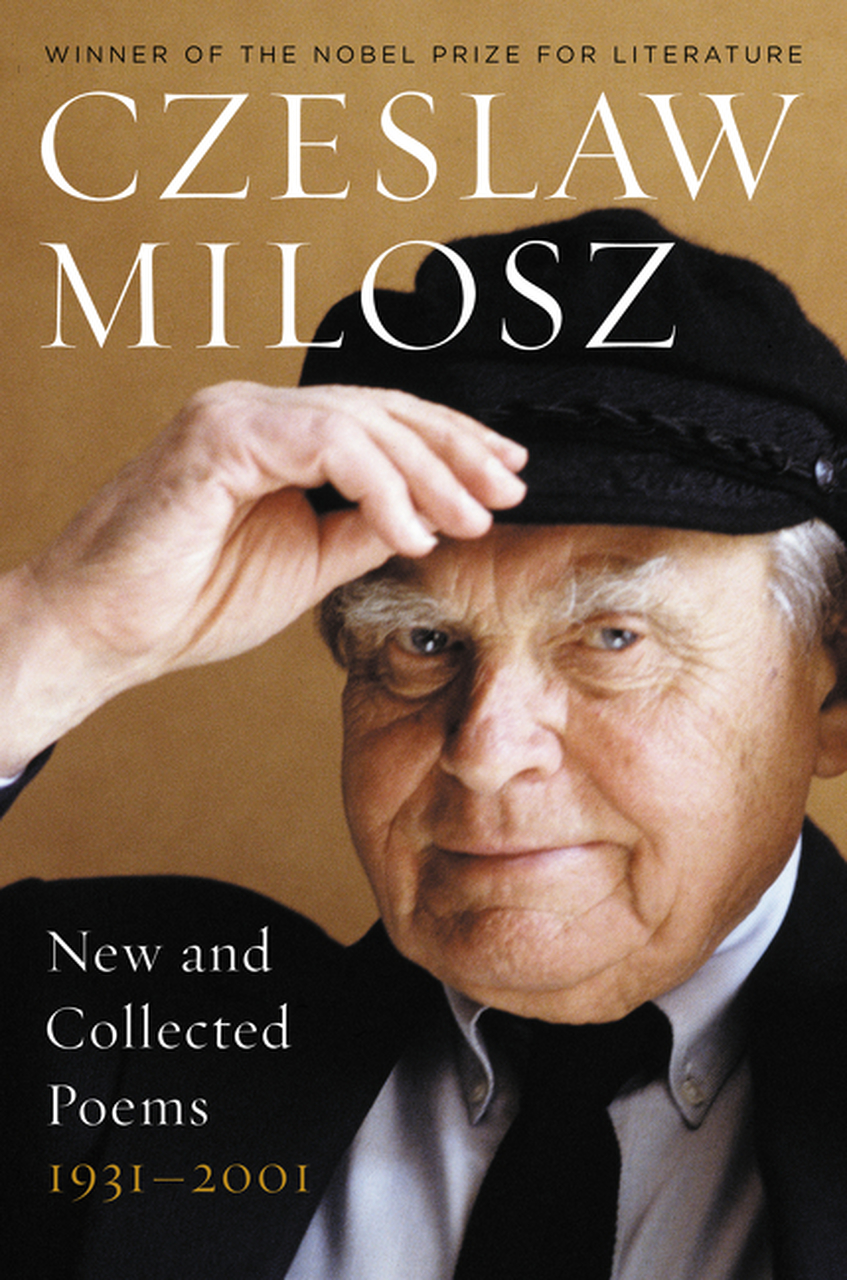Hope is with you when you believe
The earth is not a dream but living flesh,
That sight, touch, and hearing do not lie,
That all things you have ever seen here
Are like a garden looked at from a gate.
You cannot enter. But you’re sure it’s there.
Could we but look more clearly and wisely
We might discover somewhere in the garden
A strange new flower and an unnamed star.
Some people say we should not trust our eyes,
That there is nothing, just a seeming,
These are the ones who have no hope.
They think that the moment we turn away,
The world, behind our backs, ceases to exist,
As if snatched up by the hands of thieves.

In light of the Coronavirus crisis, Poetry Daily has started an impromptu series, What Keeps Us.
For the rest of March, we will post poems to sustain and uplift through trying times. Each poem is accompanied with an image by author-illustrator Juana Medina http://www.juanamedina.com. We thank you for reading and hope that you will share poems with your friends and neighbors. Please be well.
For the rest of March, we will post poems to sustain and uplift through trying times. Each poem is accompanied with an image by author-illustrator Juana Medina http://www.juanamedina.com. We thank you for reading and hope that you will share poems with your friends and neighbors. Please be well.





